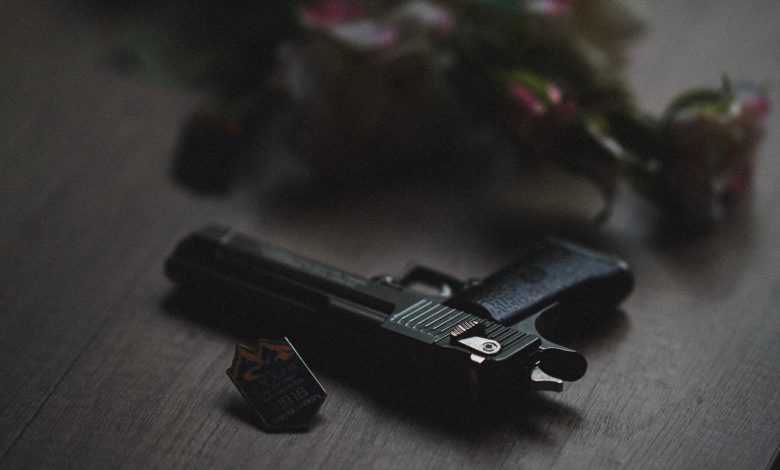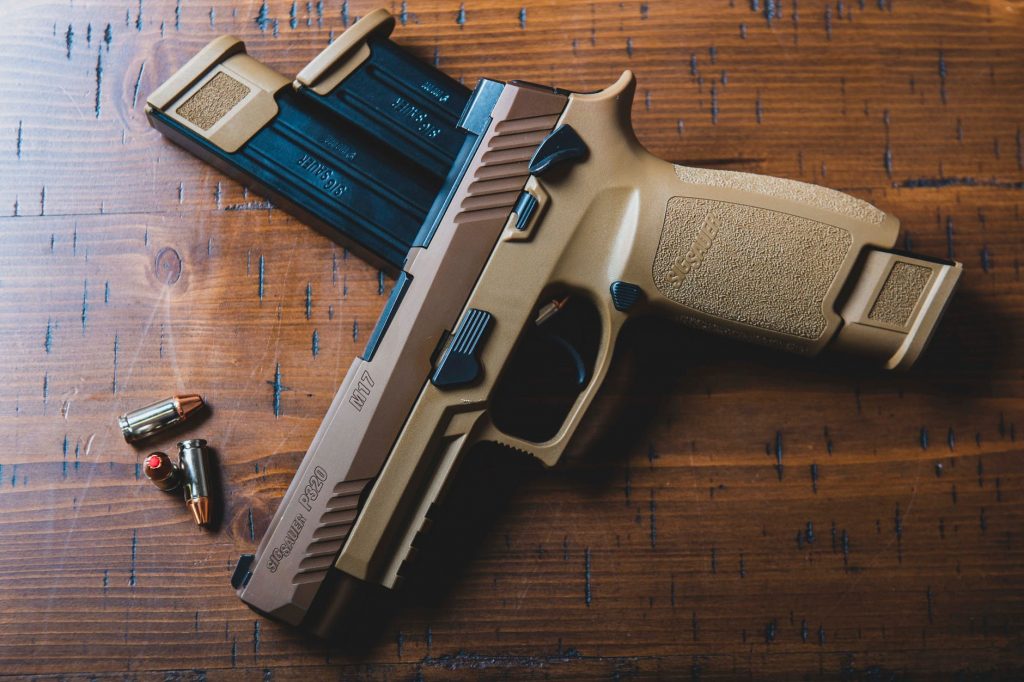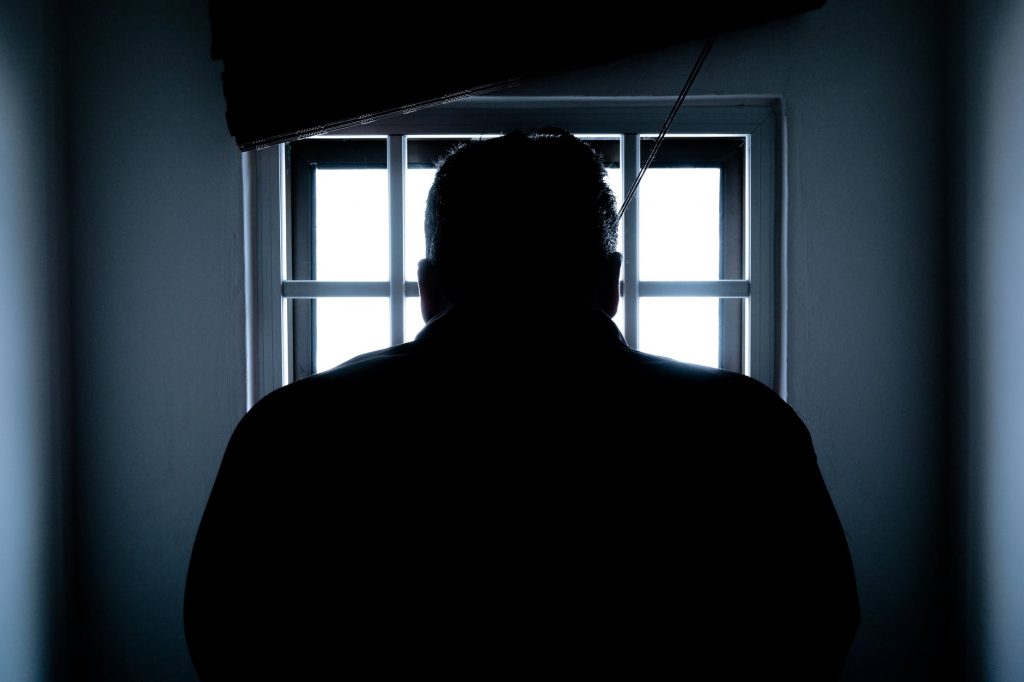When is a Weapon Violation a Felony?

Weapons violations include the offense of laws that control the use of deadly weapons. All states within the United States of America, the Federal Government, and some localities have laws concerning deadly weapons. These laws include restrictions on their:
- Possession
- Use
- Carrying
- Sales or trafficking
- Transportation
- Concealment
- Manufacturing
- Importing and exporting
A second classification of weapon law violations includes weapons offenses that are regulatory in nature.
Weapons Covered in Weapons Violations
In the United States of America, the following weapons are included under “deadly weapons:”
- Firearms and their ammunition
- Silencers
- Explosives
- Certain knives
- Cutting instruments
- Incendiary devices
- Other deadly weapons

Who Cannot Buy or Possess a Firearm in the United States?
The Gun Control Act prevents certain categories of people from possessing a firearm. The following people are restricted from purchasing or possessing firearms in the United States:
- Fugitives
- Unauthorized migrants
- Tourists
- People who are deemed dangerous to society
- Patients involuntarily committed to mental institutions
- People with prior convictions that involve a prison sentence exceeding a year
- People with prior convictions that involve misdemeanors that carry sentences exceeding two years
- Anyone who has been found guilty of unlawful possession or use of controlled substances (including marijuana) within the year
- People who have been convicted for domestic violence and/or have been issued restraining orders to prevent harassment, threatening, or stalking
- Anyone who has renounced their citizenship
- Dishonorably discharged military personnel
- The Safety Act of 1994 prohibits anyone under the age of 18 from possessing a gun. If someone provides or sells a handgun to anyone under the age of 18, they could face up to ten years in prison for doing so. The length of sentence will depend on the state they reside in, as each state has its own laws.
The Safety Act of 1994 prohibits anyone under the age of 18 from possessing a gun. If someone provides or sells a handgun to anyone under the age of 18, they could face up to ten years in prison for doing so. The length of sentence will depend on the state they reside in, as each state has its own laws.
What Weapons Can a Felon Own?
Felons – those who have been previously convicted of serious crimes with penalties exceeding a year in jail – are not allowed to carry firearms. However, felons have the right to protect themselves. The state laws regarding weapons a felon can vary, but may include weapons like:
- Crossbows/bows and arrows
- Pellet guns
- Knives with blades that are not longer than a particular length (for example, not more than four inches)
If you are a felon, your attorney will be able to advise you on what your state law permits you to carry.
State and Federal Government Weapon Regulations
The state and local governments regulate whether residents can carry guns in public. However, the federal government regulates laws regarding who receives or possesses guns in the United States.
States take firearm offenses very seriously. If you violate the laws concerning unregistered guns you could face jail time. You might also require a hefty bail bond, undergo a criminal trial, and may need to pay a fine as well.
If you are arrested for having a concealed weapon on you or in a vehicle without a license, the bail amount could be as high as $20,000. Typically, these charges are for prior violations of a deadly weapon or for prior felony convictions.
What happens to you for carrying an unregistered gun will depend on the state you reside in.
Felon Gun Rights
As a convicted felon, you do not have the rights to possess a gun. Therefore, you will go to jail even if you used a gun in self-defense. If you killed someone in self-defense you will be charged with homicide; and if you injure anyone – even if it were in self-defense, you could be charged with aggravated battery.
A felon can be in the presence of someone who has a gun in their possession, so long as the person with the felon is in full control of the gun, and the felon does not have possession of the gun at any time.
Most states prohibit felons from having access to firearms within their home (owned by a roommate). Other states are okay with this, provided the gun is locked up and the felon does not have access to the gun.
In most cases, a felon is not allowed to be associated with anyone who possesses a firearm. They are not allowed to be around anyone who owns a gun. But this can get a bit messy if they live with someone who owns a firearm. They can be found guilty of constructive possession. This means that they do not actually possess the firearm, but:
- The convicted felon had knowledge that a firearm is in the house.
- The convicted felon had the ability to maintain control of the firearm.
A felon might also be found guilty of constructive possession without having handled the gun. For instance, they could borrow a car from a friend, knowing fully well that the car carried a gun.
State laws vary, but you can expect anywhere from a year to three years in a state prison for being an ex-offender in possession of a firearm. This sentence might also include fines and/or other punishments.

State Penalties for Illegal Handgun Possession
The laws regarding penalties for illegal handgun possession vary from one state to the next. Here are a few examples of some state laws.
California: The purchase of a handgun without a safety certificate is considered a misdemeanor that is punishable by a six-month jail term and/or a fine of up to $1,000.
Connecticut: The purchase or the receiving of a handgun without a permit or an eligibility certificate is considered a class D felony that is punishable by anywhere between one and five years in prison and/or a fine of up to $5,000.
Washington D.C.: The possession of a handgun without a registration certificate can attract a penalty of up to a year in prison and/or a fine of up to $1,000.
Illinois: Possession of a handgun with an expired Firearm Owner’s Identification Card is a class A misdemeanor that is punishable by up to a year in prison and/or a fine up to $2,500.
If the person does not possess a Firearm Owner’s Identification Card but is otherwise eligible to possess a weapon, then the first offense is considered as a class A misdemeanor. Any subsequent offense is considered a class 4 felony that is punishable by anywhere between one and three years in prison and/or a fine of up to $25,000.
If the person is not eligible to possess a firearm, the sentence is anywhere between two and five years in prison and/or a fine of up to $25,000.
New Jersey: Possession of a handgun without a permit is considered a 3rd degree crime that attracts a prison term between three and five years and/or a fine of $15,000. If the handgun meets certain specifications, it might be considered a 2nd degree crime.
New York: In New York, possession of a handgun without a permit is considered a misdemeanor that is punishable by up to a year in jail and/or a fine of up to $1,000.
Possessing a loaded firearm without a permit outside their home or place of work is considered a class C felony – a violent felony offense that can attract a punishment of up to 15 years in jail, with a mandatory minimum prison term of 3.5 years.
Washington: In Washington, possessing a stolen firearm is considered a class B felony. A felon could be charged with “possession of a firearm by a felon,” which could get five years in prison.
North Carolina: Felons will be charged with a class H felony, which is punishable with probation and/or eight to ten months of jail time – if they don’t have a criminal record. The penalties are more severe if they have a criminal record.
California: If a felon is caught with a stolen firearm that is worth $950 or less and they do not have any prior convictions, the police can only charge them with a misdemeanor, and they cannot be arrested. The only thing that the police can do is issue a ticket and a summons to appear in court.
Defenses for a Weapons Violation
Defenses for weapons violations include:
- Improper search and seizure where the police engaged in search and seizure in a manner that is not considered proper or ethical
- Weapon use in self-defense to protect yourself or your loved one
- Accidental firing of weapon and that you did not intend to discharge the weapon
- Ownership of firearm in question where you do not own the firearm
Regaining Gun Rights
There is a chance of a felon’s gun rights being restored after getting the crime they were convicted of expunged. However, getting a felony crime expunged is quite difficult, and the felon might have to wait for several years after their conviction to get their gun rights restored. In the meanwhile, they must ensure they maintain a completely clean criminal record.
Another point to note here is that, while a felon’s state gun rights might be restored, they might still be barred from owning a gun at the federal level.
If you are a felon who wants your gun rights restored, your lawyer will be able to advise you on your state’s rules regarding your gun rights.



